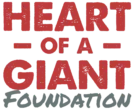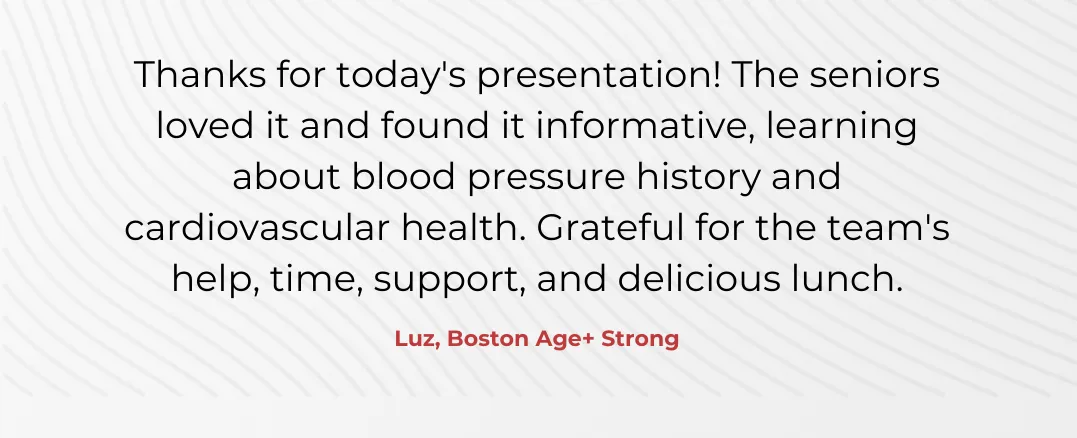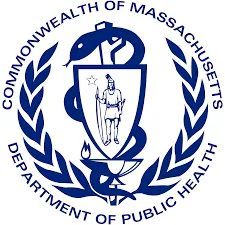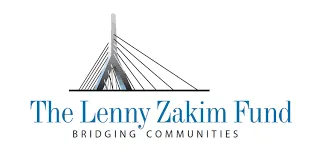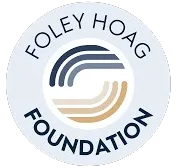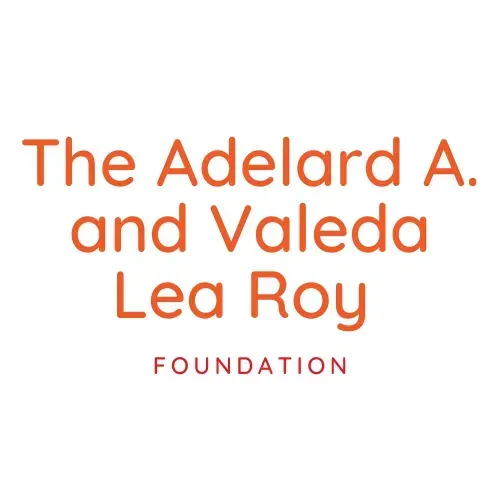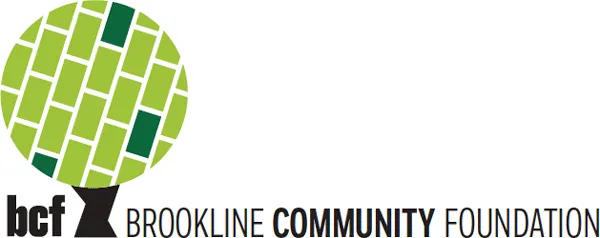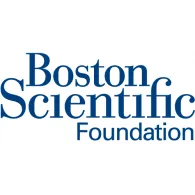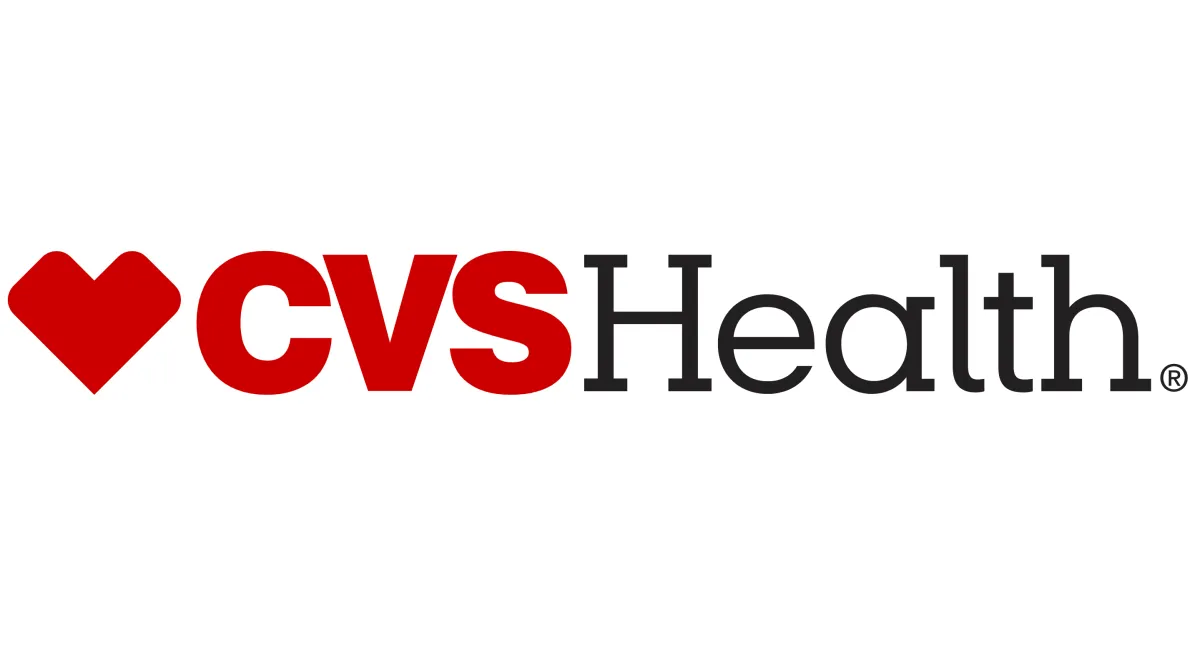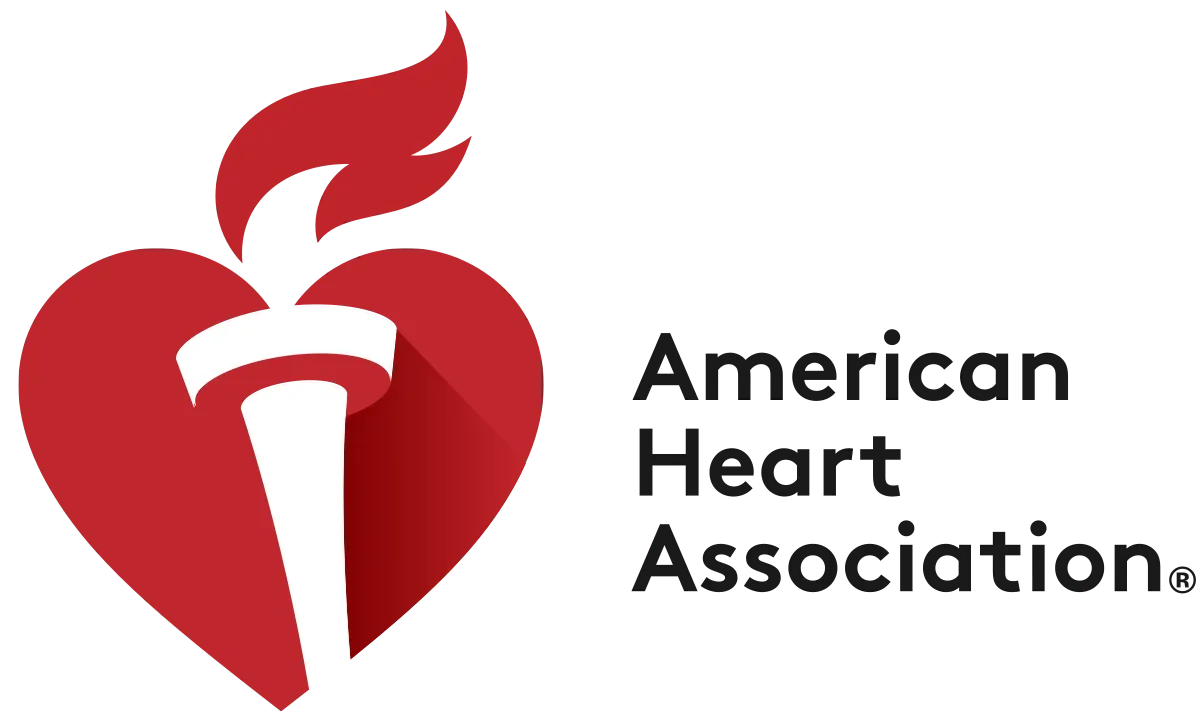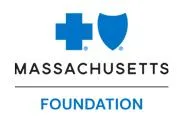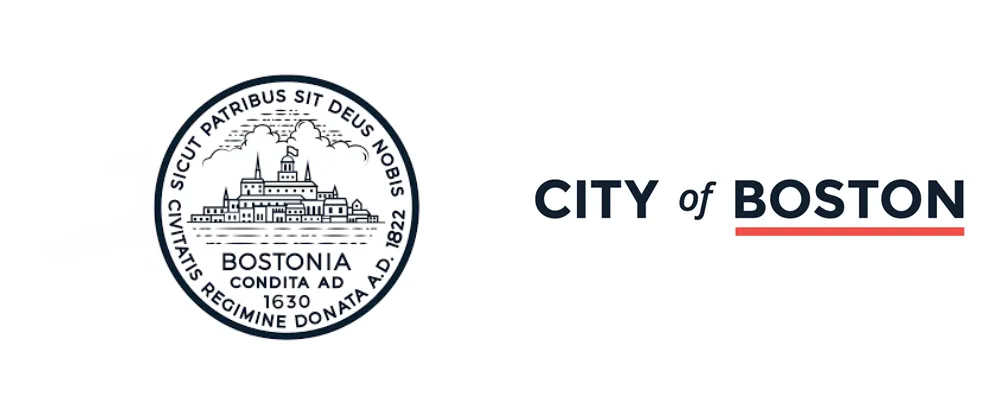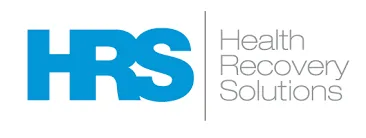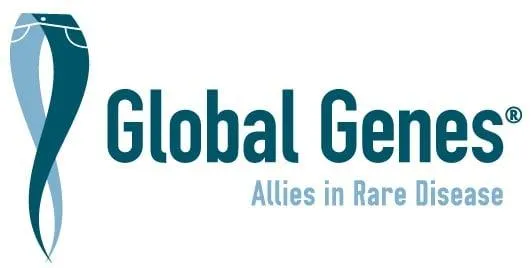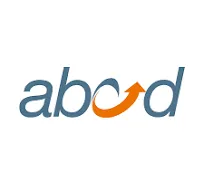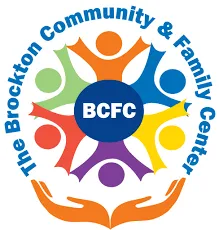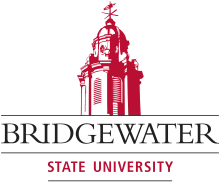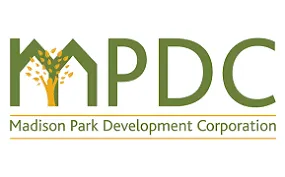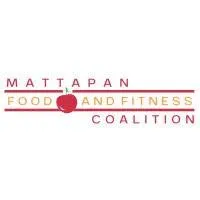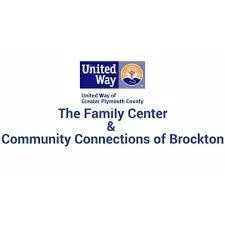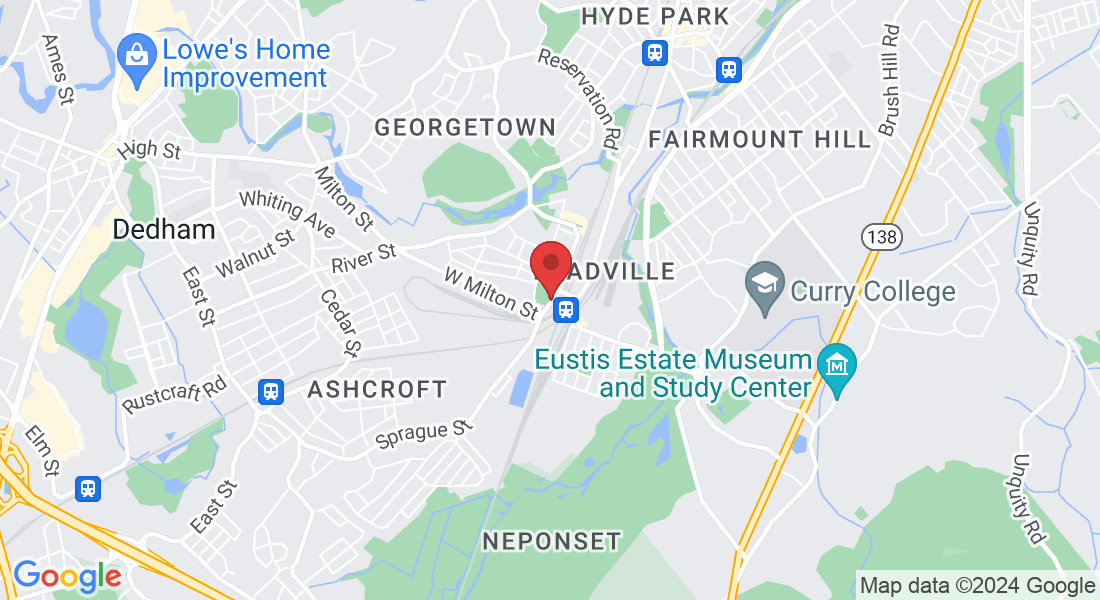Projects & Programs
Heart of a Giant Foundation
HGF
Projects & Programs
HGF improves early detection, diagnosis, and support for cardiac risk factors in high-risk populations. We promote healthy living, prevent chronic diseases, and improve health outcomes using innovative approaches. All programs are HIPAA compliant and aim to support the whole patient journey.
Project Health Joe: Awareness Raising and Advocacy
Program Nicole & Neal: Screening and Education
Living with Heart Disease Podcast
Program Jolie: Hypertension Prevention and Management for Expectant Black Mothers in Boston, MA

Join us in making a difference for a healthier future.
Project Health Joe: Awareness Raising and Advocacy
Project Joe by HGF raises awareness and advocates for patients and caregivers. Our goal is to promote a culture of care that leads to better health outcomes through education and information about heart diseases.
We amplify the voices of patients, caregivers, health practitioners, and advocacy leaders to educate our audience on living with a heart condition and enjoying a longer, healthier life.
We use various communication methods, such as blogging, podcasting, public speaking, organizing meetings, and using the web and social media platforms. We convey our messages through our website and blogs, Instagram pages, Facebook page, private community group, YouTube channel, Eventbrite, and Living with Heart Disease podcast, available on iTunes, Google, Spotify, and other platforms.
Expected Outcomes:
Raise awareness about heart diseases and related conditions.
Build a supportive community for patients, caregivers, providers, and policymakers.
Motivate people to make positive lifestyle changes.
Destigmatize high blood pressure and other chronic conditions.
Educate people about warning signs and risk factors.
Join us in raising awareness for heart diseases and promoting a culture of care.
Program Nicole & Neal: Screening and Education
Program Nicole & Neal promotes healthy living to prevent heart disease, especially among Black populations. HGF offers free hypertension screening and education in Boston neighborhoods. Our health coaches provide one-on-one support and conduct screenings at community events.
In 2023, we accomplished the following:
Engaged in 425 interactions with participants over 11 months;
Hosted 38 screening and education events, two webinars, and six workshops
Six Boston neighborhoods: Brockton, Dorchester, East Boston, Jamaica Plain, Mattapan, and Roxbury;
Conducted 355 screenings and one-on-one educational sessions.
Blood Pressure Screening and Education
At HGF, we conduct blood pressure screenings, education classes, and workshops to raise community awareness. Our local nurses and health workers offer assistance, education, and guidance. We conduct screenings and educational activities at community events to improve high blood pressure management, train participants on monitoring blood pressure at home, and offer practical tips for healthy living.
Cholesterol Awareness and Education Campaign
92 million US adults have high LDL cholesterol levels, which can lead to fatal heart diseases. HGF is partnering with the National Cholesterol Education Initiative in 2024 to increase awareness through our Cholesterol Education Campaign. We will focus on high-risk factors like diets high in saturated and trans fats, physical inactivity, excess weight, and certain health conditions.
Lipoprotein (a) Awareness and Screening Campaign
Lp(a) is a genetic risk factor for heart disease that is often overlooked. Early detection and proactive management of Lp(a) levels can significantly enhance heart health outcomes. Our program promotes heart health through coaching, screenings, and training.
Expected Outcomes
Early identification and treatment of high blood pressure.
Increased understanding of signs and symptoms and when to contact a healthcare provider.
More people can self-monitor their blood pressure.
Empowered participants are taking control of their heart health.
Peer-to-peer communication and community engagement.
Movement building and active community engagement.
Program Delivery Planning
We host program events with partners monthly, bi-monthly, or weekly. Our website and social media pages have weekly updates, and we focus on a monthly health topic to raise awareness. We collaborate with various organizations, including the American Heart Association (AHA), the Massachusetts Department of Public Health (DPH), faith-based organizations, and community development centers.
In 2024, our goals are to achieve the following:
We host program events with partners monthly, bi-monthly, or weekly. Our website and social media pages have weekly updates, and we focus on a monthly health topic to raise awareness. We collaborate with various organizations, including the American Heart Association (AHA), the Massachusetts Department of Public Health (DPH), faith-based organizations, and community development centers.
Our main priority remains to tackle high blood pressure and its related issues. To achieve this:
We aim to deliver over 60 screening and education events across 10+ locations, engaging with more than 600 adults.
We also plan to provide monthly blog posts on heart health and 12 'Living with Heart Disease' podcasts.
Additionally, host workshops focusing on various aspects of heart disease, such as hypertension, cholesterol and Lp(a), diabetes, healthy living, aging, and more.
Living with Heart Disease Podcast
"Hardships don't steal your voice, and setbacks don't stunt your growth; hence, a diagnosis will undoubtedly not silence you."
Our Living with Heart Disease platform shares inspiring stories from patients, families, caregivers, health professionals, and policy advocates. We break down stigmas associated with cardiovascular conditions and provide expert guidance on navigating healthcare systems. We're dedicated to inspiring and empowering our listeners to live longer, healthier lives after a heart disease diagnosis.
Join us on the Living with Heart Disease podcast hosted by Bouba Heart of a Giant and his team.
Program Jolie: Hypertension Prevention and Management for Expectant Black Mothers in Boston, MA
In 2023, HGF conducted the Healthy Hearts Communities Pilot Program to prevent and manage high blood pressure, and 78% moved into a lower blood pressure category. We launched Program Jolie in Boston in 2024 to fill gaps in care for Black maternal health. Program Jolie offers perinatal care to help expectant Black mothers achieve better pregnancy experiences and health outcomes, all at no cost.
Program Description:
Program Jolie supports the care of women from their 20th week of pregnancy up to 3 months postpartum. It collaborates with organizations to improve Black maternal health, heart health, and health equity.
Our Health Coaches deliver the program, supporting patients between doctor visits. The coaches are registered nurses, dietitians, social workers, and others with significant expertise. The program facilitates infant feeding support and mental health screenings with social workers and therapists.
The health coaches work one-on-one with participants to improve medication adherence, set realistic goals, and facilitate therapy and counseling. Expectant Black mothers can use advanced RPM technology with personal health coaching and receive a free personalized plan. The program targets pregnant adult (18+) women with no income eligibility requirement.
Goals and Expected Outcomes:
We build trust with hard-to-reach individuals and partner with care management programs to address healthcare gaps for better patient engagement and adherence.
Metrics and Expected Outcomes:
Enrollment > 30%
1.5M live interactions
25% increase in medication adherence
A1c reduction of 1.5 points
80% of participants move to the lower BP category
20% reduction in unhealthy days
90% participant satisfaction
For Participants:
HGF supports pregnant individuals with tools, knowledge, and coaching to improve their health and wellbeing.
Personalized education and support for chronic conditions such as cardiovascular disease, kidney disease, or diabetes.
Understand health risks, manage medication, and establish a routine.
Track vital signs and symptoms through Remote Patient Monitoring (RPM) to detect changes early.
Safe physical activity and nutrition guidelines.
Develop self-advocacy and caregiver advocacy capacity.
Improve patient-physician relationships during prenatal, birth, and postpartum visits.
For Providers:
Program Jolie enhances the birthing experience with personalized support, improving care and fostering compliance.
Improve clinical outcomes, improve quality scores, and gain unique population insights.
Improve compliance and enhance treatment adherence. Strengthen doctor-patient relationships.
Track Remote Patient Monitoring (RPM), data, and analytics.
Weight management through healthy eating and nutrition.
Enhance health literacy, encourage an active lifestyle, stress management, and healthy sleep habits to drive lifestyle and behavior change.
Methods of Delivery (Key Activities)
Our health coaches provide support from the 20th week of pregnancy to 3 months after childbirth. They collaborate with healthcare professionals to ensure comprehensive care for the mother and baby while promoting a positive birthing experience. Although they don't provide medical care, they offer personalized support to enhance the overall experience.
The program offers free-of-charge health coaching services that include personalized heart health risk-factor evaluation and education and coaching for preventing and managing health conditions.
The coaches provide remote patient monitoring, tailored feedback, nutrition, exercise, and medication adherence guidance.
Additionally, the program offers support for prenatal care, childbirth education, medication management, healthy lifestyle habits, and community resources.
Benefits and Data Analytics:
We aim to identify best practices for screening and referring participants and address social and material needs.
Our Program Team collects and monitors data with providers and partners based on hypotheses.
The research manager leads data and analytics, working with health coaches and community-based providers—the program partners with an external evaluator. The IRB ensures ethical conduct.
Results will help HGF further develop the program and improve health outcomes for expectant Black mothers.
News and Insights
Disclaimer:
The information shared on this page is not intended to replace professional medical advice. Always consult with a healthcare provider for any medical issues.
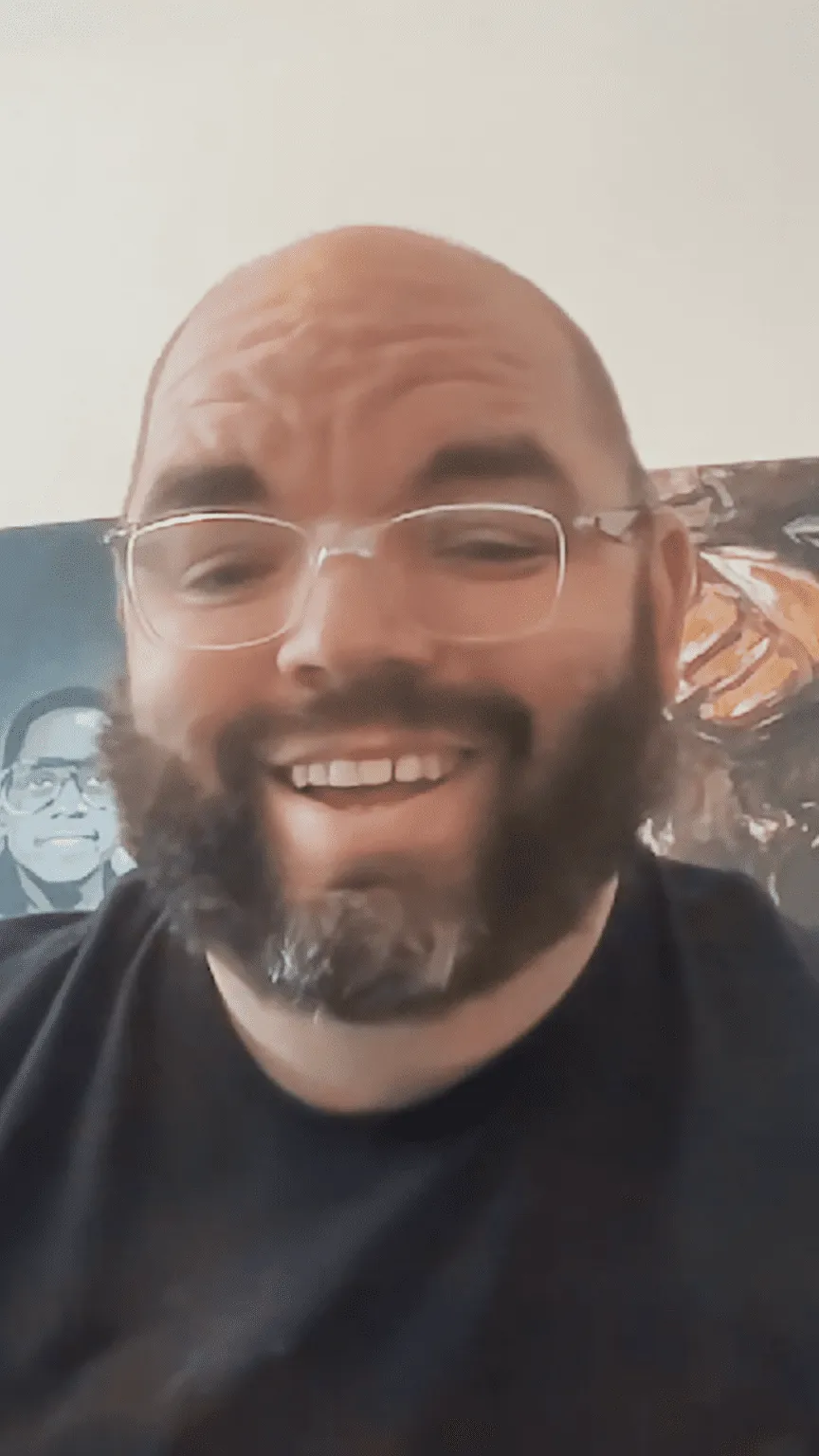
EPISODE 10: INSPIRING JOURNEY FROM HEART FAILURE TO TRANSPLANT: A CHAT WITH JOHN SANSON
“It’s amazing how you get used to living one way, and now you’re switching to living a new way.” -John Sanson.
Episode 10: Inspiring Journey From Heart Failure to Transplant: A Chat With John Sanson
Bouba sits down with John to talk about living with heart failure, LVAD, and a heart transplant.
John Sanson is a Houston-based patient diagnosed with dilated cardiomyopathy (DCM) in 2016 and has since undergone LVAD and transplant procedures. He is an inspiration to many, having shed over 100 pounds, and is currently working in the coffee industry and producing a documentary series.
John Sanson was diagnosed with dilated cardiomyopathy in 2016. After undergoing an LVAD and a transplant, he lives in Houston, Texas, with his wife, two dogs, and a cat. John works in the coffee industry, does photography, and is currently working on a documentary series about coffee. He is now facing $50,000 worth of medical debt due to the high cost of doctor visits but is thankful to have a job understanding his medical needs.
In this episode, you will learn the following:
1. John Sanson’s story of being diagnosed with dilated cardiomyopathy and going through LVAD and a transplant in five or six years.
2. The financial burden of navigating the healthcare system and its medical debt.
3. John’s creative projects include photography and a coffee documentary series.
Find out more about John here:
Instagram: thejohnsanny
Connect with me:
Instagram: livingwithheartdisease.podcast
Facebook: https://www.facebook.com/heartofagiant.foundation
YouTube: https://www.youtube.com/@heartofagiant
Twitter: https://twitter.com/LWHDpodcast
Other episodes you’ll enjoy:
Episode 9 – The Better Half of Heart of a Giant Speaks on LWHD
Episode 3 – Patient Education and Research
Episode 7 – The 757 Renaissance Man on his journey with the LVAD
Have you loved this episode? A free way to support our show is by leaving it a rating and review on Apple Podcasts. It’s a chance to tell us what you love about the show, and it helps others discover the show as well.
Chapter Summaries:
[00:00:01]
John Sanson was diagnosed with dilated cardiomyopathy back in 2016. Since then had LVAD, then a transplant. John went from no symptoms to fully symptomatic in three days. He was amazed at how quickly all of this happened.
[00:02:52]
Right now, I’m 240. I started my journey when I had my LVAD. I lost 140 and got down to 200. But prednisone and other transplant meds do work on your body. So I went back up to 240, which I’m still happy with.
[00:03:37]
“I don’t know how to react to that. I don’t know how to react to that. So when he started showing symptoms, he went to his cardiologist. Eventually, he was in end-stage heart failure.
[00:04:41]
I was still in denial. The idea of a transplant for me was a shock. Going in and out of the hospital was a struggle.
[00:08:58]
The biggest support has been my wife, and we’ve had family that has been able to help out. I did catch COVID once when I still had my LVAD. So that’s been another navigation. In the early years, we were self-sustaining.
[00:11:18]
Navigating the insurance has been the biggest headache. I’ve seen all three primary transplant clinics here in Houston. One of them is the best.
[00:13:26]
I’m sitting on about $50,000 worth of medical debt that I can’t pay just because I’m barely making ends meet. So I work in the coffee industry. I also currently work on a documentary for a video series about coffee. How do you sustain some of these expenses?
[00:15:39]
The five-ounce is a traditional size, like a flat white style cup. Photography started about 10 or 12 years ago, alongside some graphic design work. The current project I’m working on was a random throw in the air.
[00:17:21]
Right now, I am starting to manage my workplace’s Instagram. It’s more about engagement and helping businesses. How can the public or any of us support you, and what would you like?
[00:19:10]
I got my LVAD in September 2019, four months before the pandemic went crazy. I had my transplant in March of 2021. Some of the challenges dealt with include syncope and a pulmonary embolism. Those are probably the most challenging part and the worst for me.
[00:25:05]
(Talking about his Wife) She already enjoyed cardiac while she was a nursing school. When she saw the opening, she applied for it and went for it. It’s funny how this life stops you on the path, and then you find a way around it, sometimes even better.
[00:26:09]
I was only on the list for 28 days. I had the LVAD in September 2019. I had a driveline infection that ended up spreading to my blood. Is back to working. Day-to-day is pretty standard. My whole thing is to fight back for normality.
[00:31:40]
“Our biggest thing is trying to travel again, ” John says. “We’ve been able to take a few day trips here in Texas, but to go out of state and travel is going to be kind of a big thing.”
[00:32:20]
I was diagnosed with heart failure five years ago. What do you want for the future?
[00:37:01]
I would say the transplant’s recovery was much easier than the LVAD’s. After your two months of laying the sternum hill, I was pretty much regular life within two or three months afterward. When are you going to Florida? That would be eventually.
[00:40:01]
“I wish for me that you would have a system versus opt-in because, with as many people that could be having everyday life, the transplant, I think, just did not do that ” 22 people a day die waiting. Only 60% of people put action behind donating their organs. So take that first step and register.
[00:43:20]
I have to close with a discussion about coffee. What is your favorite coffee at the moment? What are your last words in general? What do you say to your support system, starting with your wife? And what do you have to speak to the general public?
Testimonials
The Heart of a Giant Foundation, Inc. is a 501(c)(3) nonprofit organization, EIN 84-2900386. Donations are tax-deductible.
